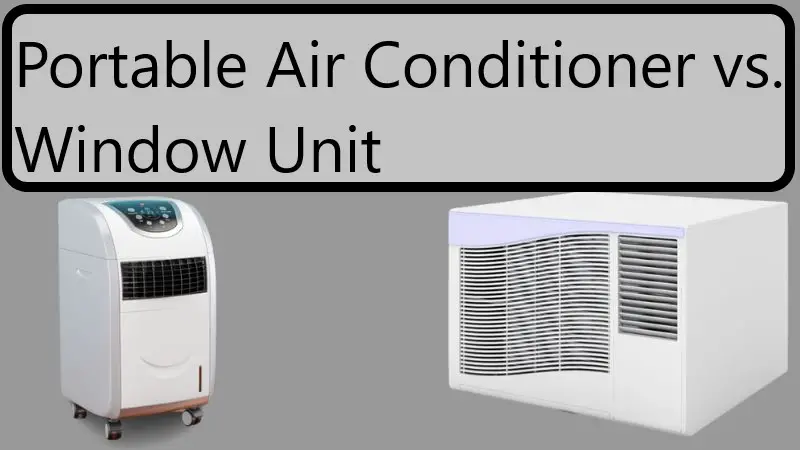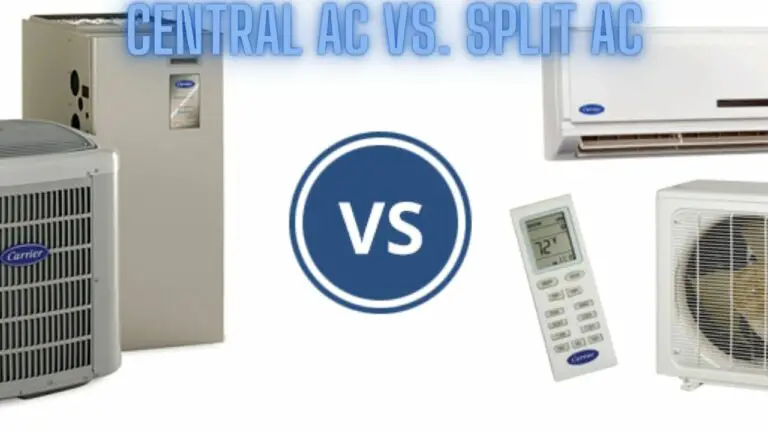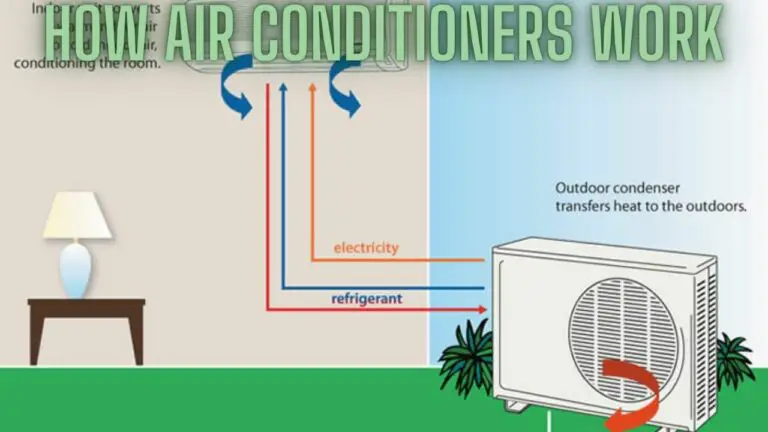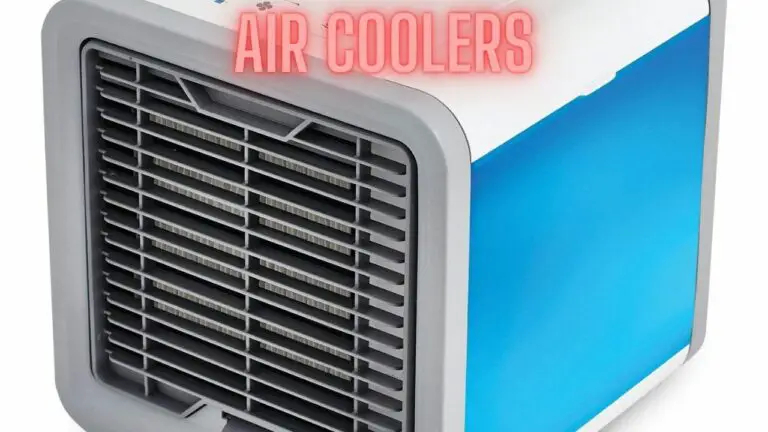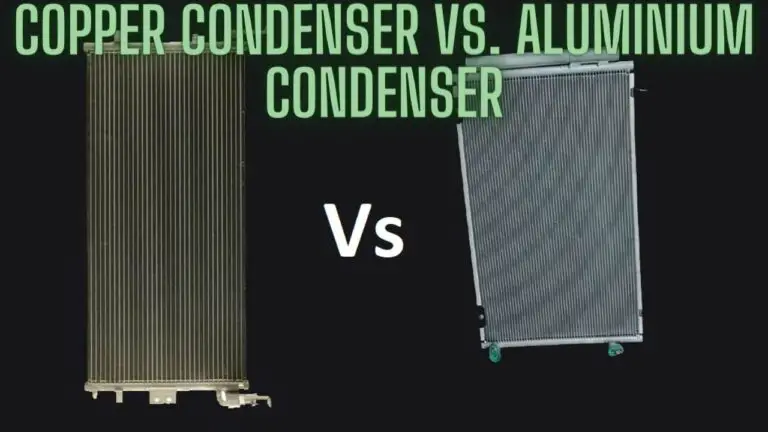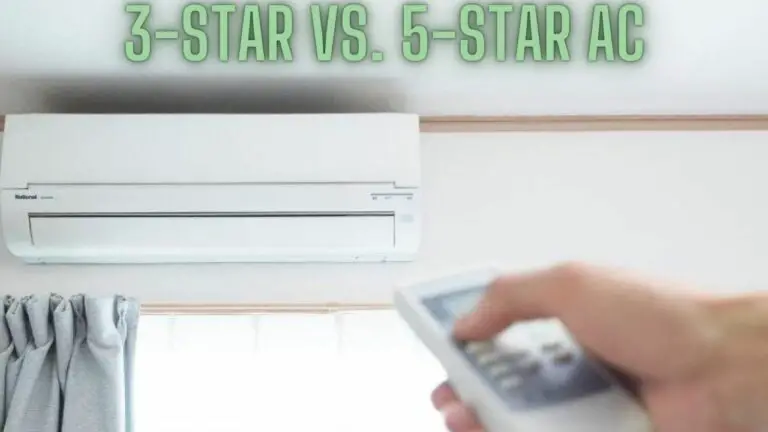Portable Air Conditioner vs. Window Unit: Which is Right for You?
Introduction
When the scorching summer heat rolls in, staying cool becomes a top priority. Two popular options for cooling down a room are portable air conditioners and window units. In this article, we’ll compare these two cooling solutions to help you make an informed decision based on your specific needs and circumstances.
Portable Air Conditioner:
1. Portability:
- Advantage: As the name suggests, portable air conditioners are easy to move from one room to another. They come with caster wheels, making it convenient to place them where cooling is needed.
2. Installation:
- Advantage: Portable AC units require minimal installation. They typically only need an electrical outlet and a window for venting. No permanent installation or mounting is necessary.
3. Versatility:
- Advantage: Portable ACs are versatile and can be used in various locations, including apartments, rental properties, and spaces without suitable windows for window units.
4. No Structural Changes:
- Advantage: You don’t need to make any structural changes to your home to use a portable air conditioner. This makes them ideal for renters.
5. Single or Dual Hose:
- Advantage: Portable AC units come in both single-hose and dual-hose models. Dual-hose models are more efficient as they provide better air circulation and cooling.
Window Unit Air Conditioner:
1. Cooling Efficiency:
- Advantage: Window air conditioners are generally more efficient at cooling compared to portable units. They can cool larger spaces more effectively.
2. Permanent Installation:
- Advantage: Once installed, window units are a permanent fixture. This can be advantageous if you want a long-term cooling solution for a specific room.
3. Space Savings:
- Advantage: Window ACs save floor space since they are mounted in the window. This is useful if you have limited floor space in your room.
4. Noise Level:
- Advantage: Window units tend to be quieter than portable ACs, especially if properly installed and sealed.
5. Cost Efficiency:
- Advantage: Window air conditioners are often more cost-effective in terms of initial purchase price and energy efficiency in the long run.
Considerations When Choosing:
- Room Size:
- If you need to cool a larger room, a window unit may be more effective. Portable units are better suited for smaller spaces.
- Portability:
- If you require the flexibility to move the AC from room to room, a portable unit is the obvious choice.
- Installation:
- Consider your ability and willingness to install a window unit. Portable ACs are generally easier to set up.
- Budget:
- Window units tend to be more budget-friendly for cooling larger areas. Portable ACs can be cost-effective for smaller spaces and offer more flexibility.
- Aesthetic Preferences:
- Think about how the cooling solution will look in your room. Window units are visible from the exterior, while portable ACs are indoors.
Portable Air Conditioner vs. Window Unit: Key Differences
When it comes to cooling a room, both portable air conditioners and window units have their advantages and drawbacks. Here are the key differences between these two types of air conditioning solutions:
1. Installation and Setup:
- Portable Air Conditioner:
- Advantage: Portable AC units are easy to set up and require minimal installation. They only need an electrical outlet and a window for venting.
- No Permanent Fixture: They do not require any permanent structural changes to your home, making them ideal for renters.
- Window Unit Air Conditioner:
- Advantage: Window units are permanently installed in a window or a hole in the wall, providing a more stable and efficient cooling solution.
- Permanent Fixture: They become a permanent fixture once installed and cannot be easily moved.
2. Portability:
- Portable Air Conditioner:
- Advantage: Portable AC units are designed to be moved easily from one room to another. They often come with caster wheels for convenient mobility.
- Window Unit Air Conditioner:
- Advantage: Window units are stationary and cannot be moved between rooms without significant effort. They are a fixed cooling solution.
3. Cooling Efficiency:
- Portable Air Conditioner:
- Advantage: Portable ACs are suitable for smaller spaces but may struggle to cool larger rooms effectively. Their cooling capacity is generally lower than that of window units.
- Window Unit Air Conditioner:
- Advantage: Window units are typically more powerful and can cool larger areas more efficiently. They are well-suited for bedrooms, living rooms, and other sizable spaces.
4. Energy Efficiency:
- Portable Air Conditioner:
- Drawback: Portable AC units can be less energy-efficient compared to window units, especially in dual-hose models. They may have to work harder to maintain the desired temperature.
- Window Unit Air Conditioner:
- Advantage: Window units are often more energy-efficient and cost-effective to run, particularly when cooling larger areas.
5. Noise Level:
- Portable Air Conditioner:
- Drawback: Portable ACs can generate more noise, especially if the compressor and fan are housed in the same unit. Noise levels can be bothersome, especially in quieter spaces.
- Window Unit Air Conditioner:
- Advantage: Window units, when installed correctly, tend to be quieter than portable ACs. Properly sealed installations can reduce outdoor noise.
6. Space Savings:
- Portable Air Conditioner:
- Advantage: Portable ACs do not take up window or wall space. They sit on the floor and only require access to a window for venting.
- Window Unit Air Conditioner:
- Advantage: Window units save floor space since they are installed in the window or a dedicated wall opening. This can be useful in smaller rooms with limited floor space.
7. Aesthetic Considerations:
- Portable Air Conditioner:
- Advantage: Portable ACs are entirely inside the room and do not affect the external appearance of your home.
- Window Unit Air Conditioner:
- Drawback: Window units are visible from the exterior of your home, and their appearance may not be aesthetically pleasing to some.
8. Cost:
- Portable Air Conditioner:
- Advantage: Portable AC units are generally more affordable upfront and require no additional installation costs.
- Window Unit Air Conditioner:
- Advantage: Window units can also be cost-effective and are often more budget-friendly for cooling larger areas.
FAQS
Here are some frequently asked questions (FAQs) about portable air conditioners and window units to help you make an informed decision:
Portable Air Conditioner FAQs:
How does a portable air conditioner work?
Portable air conditioners work by drawing in warm air from the room, cooling it by passing it over evaporator coils filled with refrigerant, and then exhausting the hot air outside through a window or vent.
Do portable air conditioners require a window for installation?
Yes, portable air conditioners require access to a window or a vent to expel hot air. They come with a window kit or vent hose for this purpose.
Can I move a portable air conditioner from room to room?
Yes, portable AC units are designed to be moved easily between rooms. They often come with caster wheels for mobility.
Do portable air conditioners require any special electrical outlets?
Portable AC units typically require a standard electrical outlet (120V) to operate. Ensure that the outlet can handle the unit’s power requirements.
What is the cooling capacity of a portable air conditioner?
Cooling capacity varies by model, but portable ACs are generally suitable for cooling small to medium-sized rooms. Check the unit’s BTU (British Thermal Units) rating to determine its cooling capacity.
Window Unit Air Conditioner FAQs:
How does a window unit air conditioner work?
Window units work by drawing in warm room air, cooling it using refrigerant, and then expelling hot air outside through the back of the unit. They are installed in a window or a wall opening.
Are window units more energy-efficient than portable air conditioners?
Window units are often more energy-efficient, especially for cooling larger areas. They can cool spaces more effectively, reducing the need to run the AC constantly.
Do window unit air conditioners require professional installation?
While some people opt for professional installation, many window units can be installed by homeowners with basic tools and DIY skills. Proper installation is essential for efficiency and safety.
Can I remove a window unit during the winter months?
Yes, window units can be removed during the winter to prevent drafts and improve energy efficiency. Be sure to properly store and seal the opening when not in use.
Do window units require any maintenance?
Regular maintenance includes cleaning or replacing the filter, cleaning the coils, and inspecting the unit for any debris or blockages. Proper maintenance ensures efficient operation.
Comparison FAQs:
Which is better for cooling a large room, a portable AC or a window unit?
Window units are generally more effective at cooling larger rooms due to their higher cooling capacity. Portable ACs are better suited for smaller to medium-sized spaces.
Are portable air conditioners quieter than window units?
Noise levels can vary among models, but portable air conditioners may be noisier, especially if the compressor and fan are housed together. Properly installed window units can be quieter.
Do both types of AC units require a window for venting?
Yes, both portable and window units require access to a window or a vent to expel hot air. Portable ACs come with venting kits, while window units are installed directly in a window or a wall opening.
Which is more cost-effective, a portable AC or a window unit?
The cost-effectiveness depends on factors like room size, energy efficiency, and usage. In general, window units may be more cost-effective for cooling larger areas, while portable ACs offer flexibility and lower upfront costs.
Can I use a portable AC unit and a window unit in the same room?
It’s not recommended to use both types of AC units in the same room simultaneously, as they can interfere with each other’s cooling efficiency and may overload the electrical circuit.
Conclusion
In summary, the choice between a portable air conditioner and a window unit depends on factors like room size, portability, installation convenience, budget, and cooling efficiency. Assess your specific needs and priorities to determine which option is the best fit for your comfort during the hot summer months.

